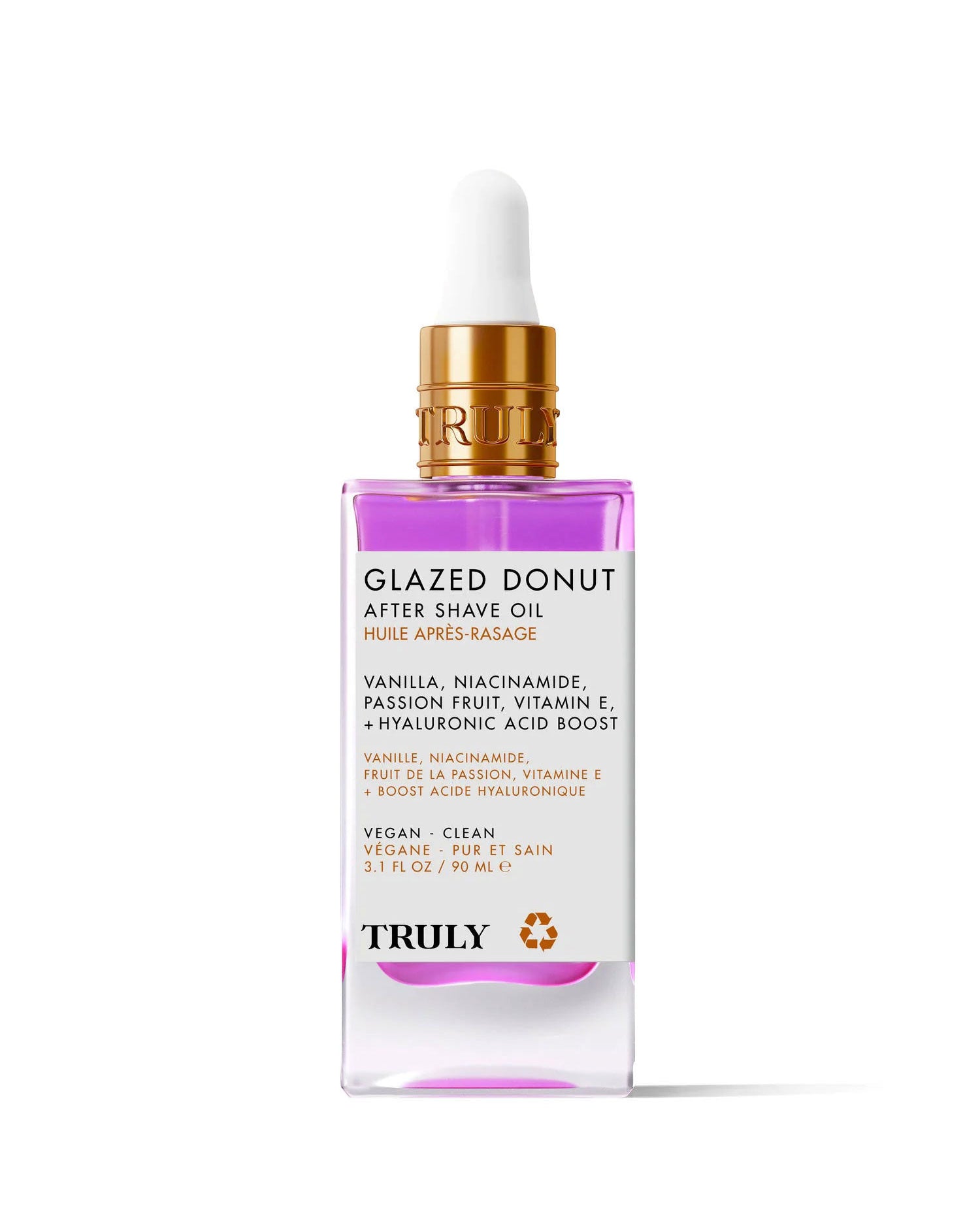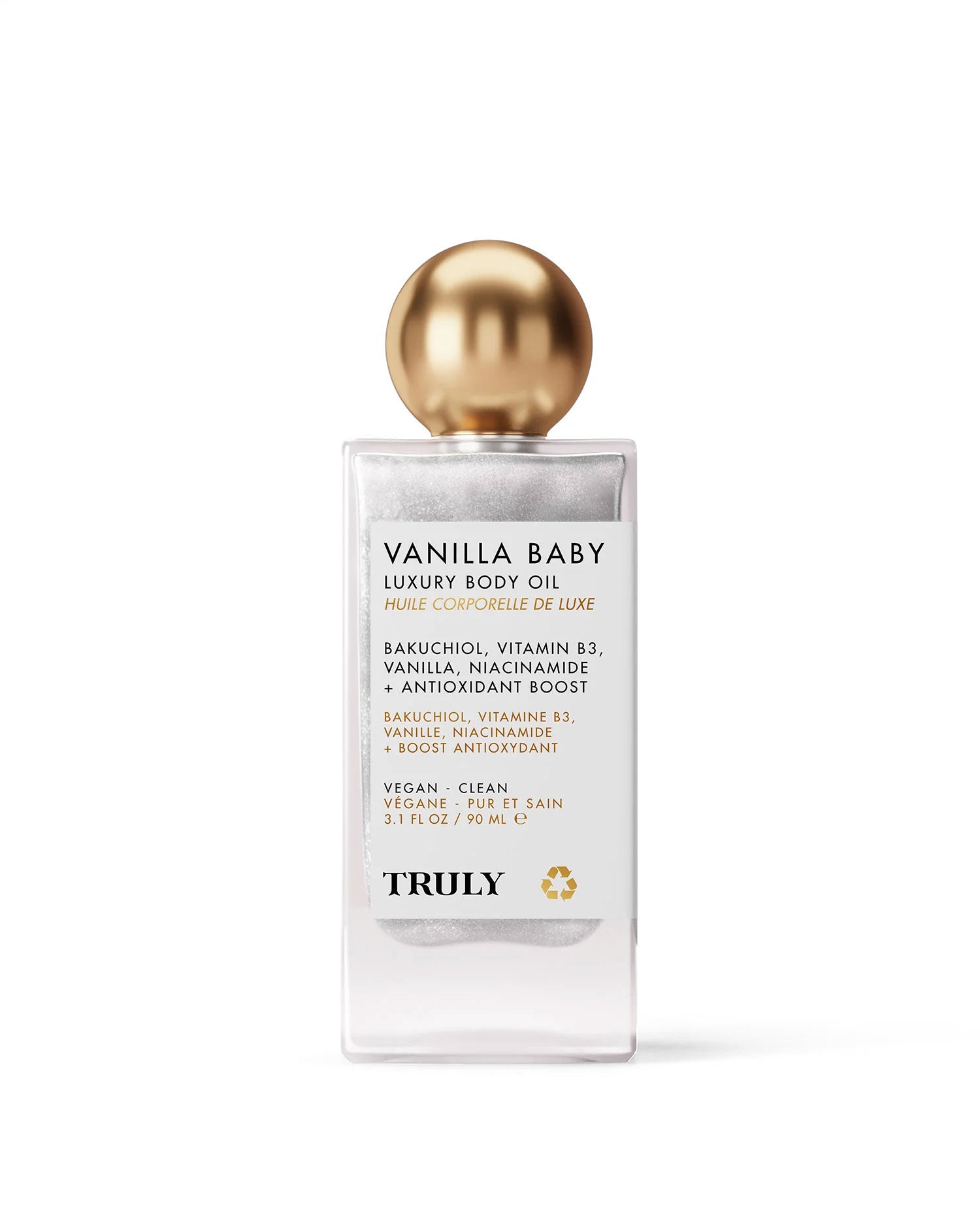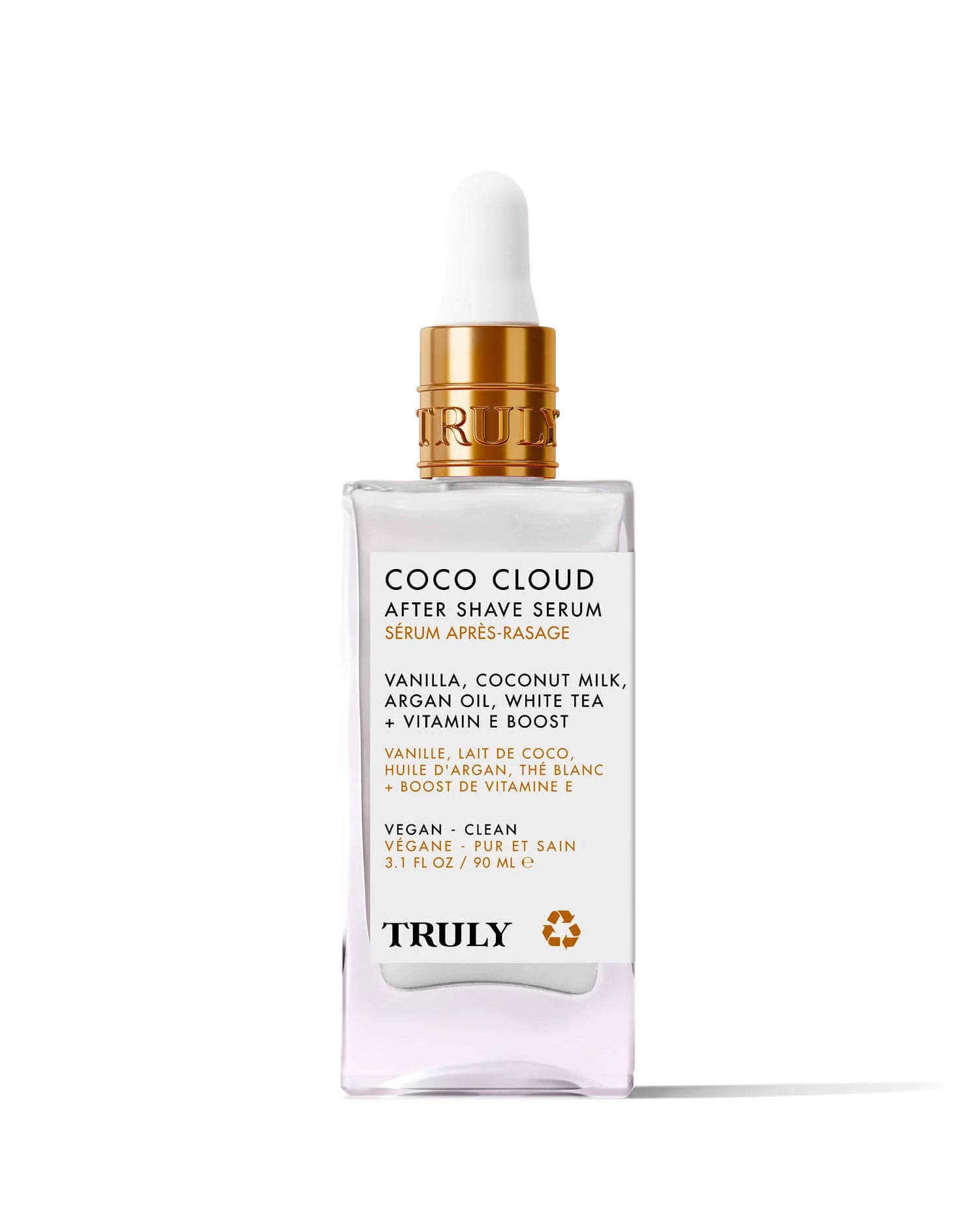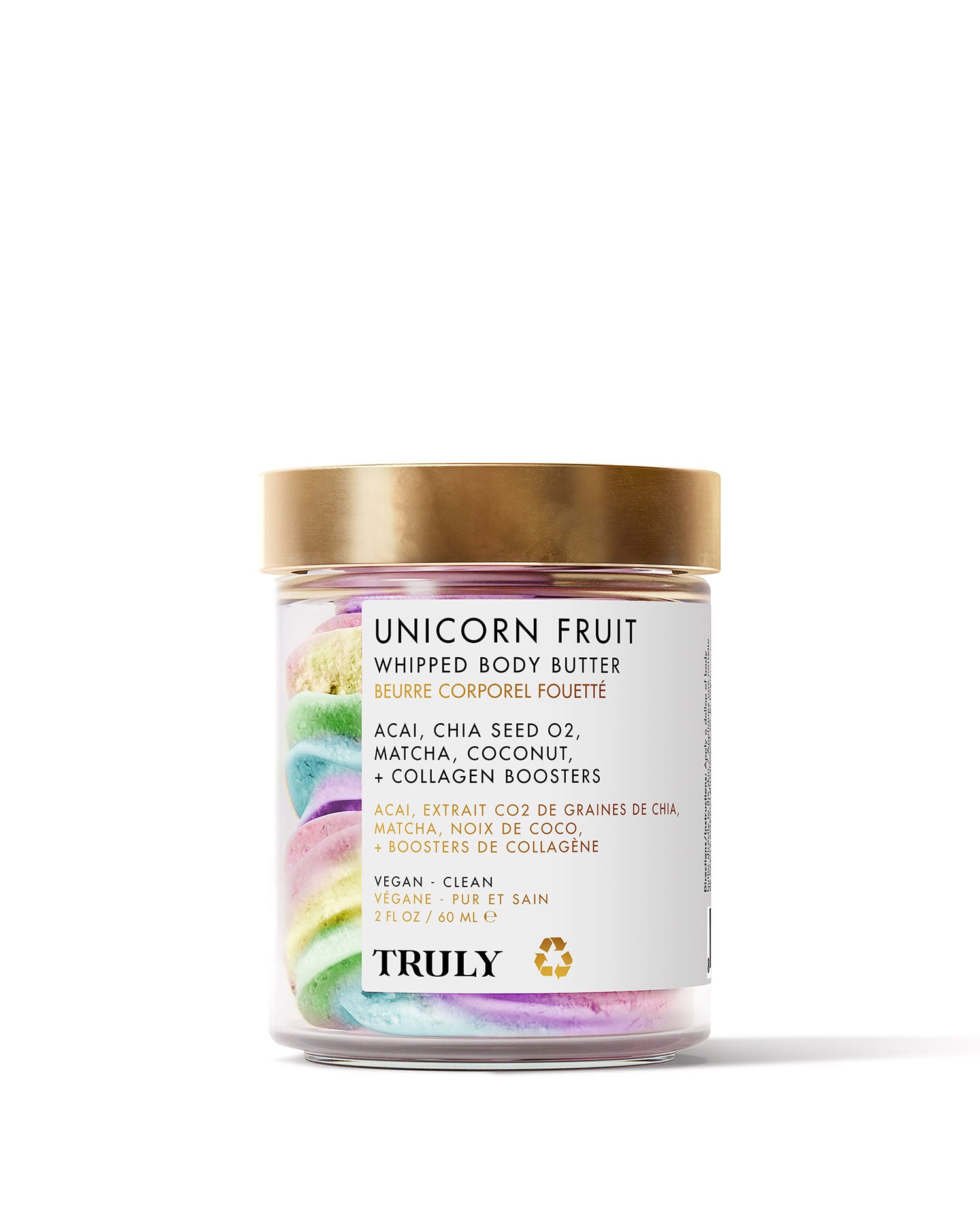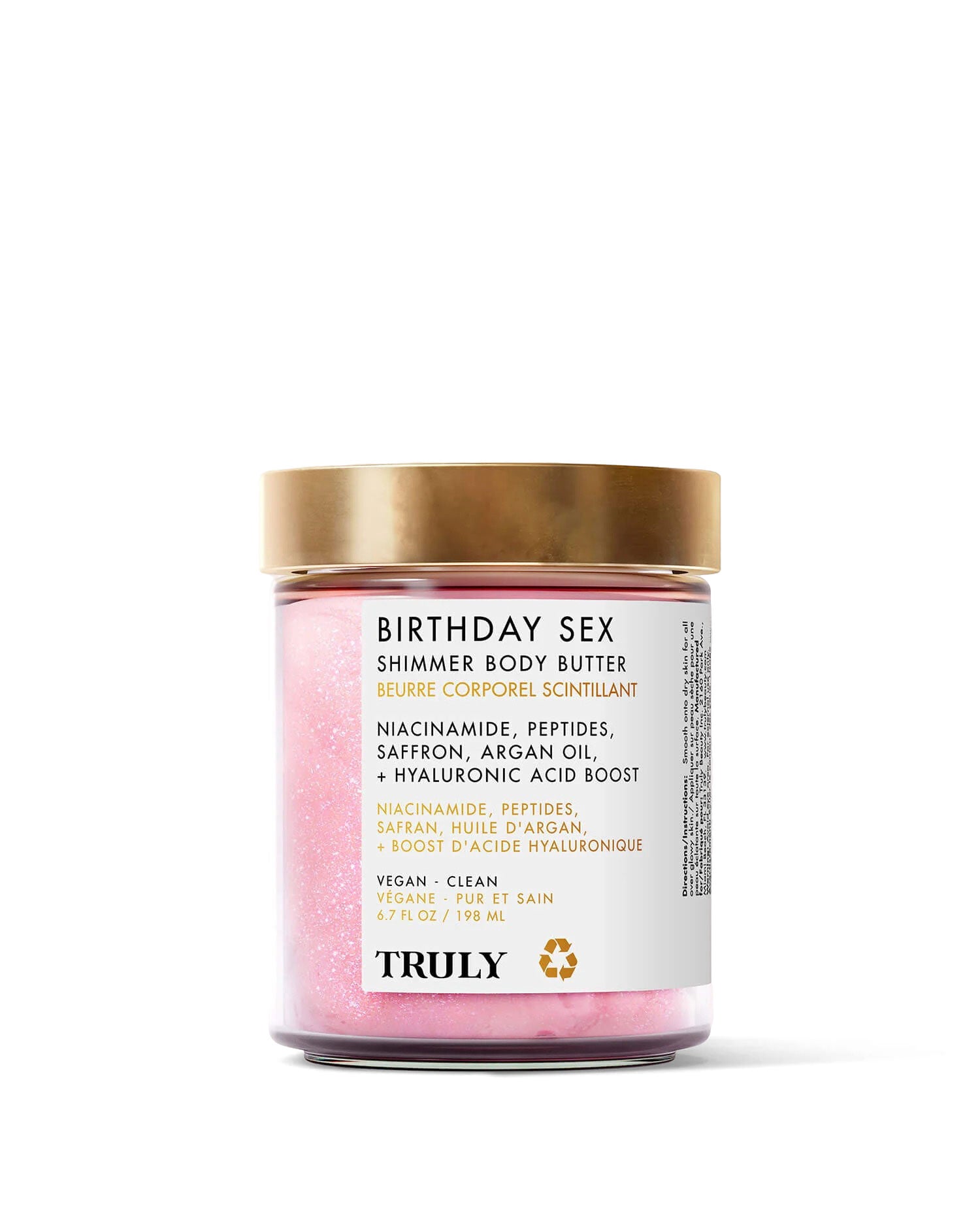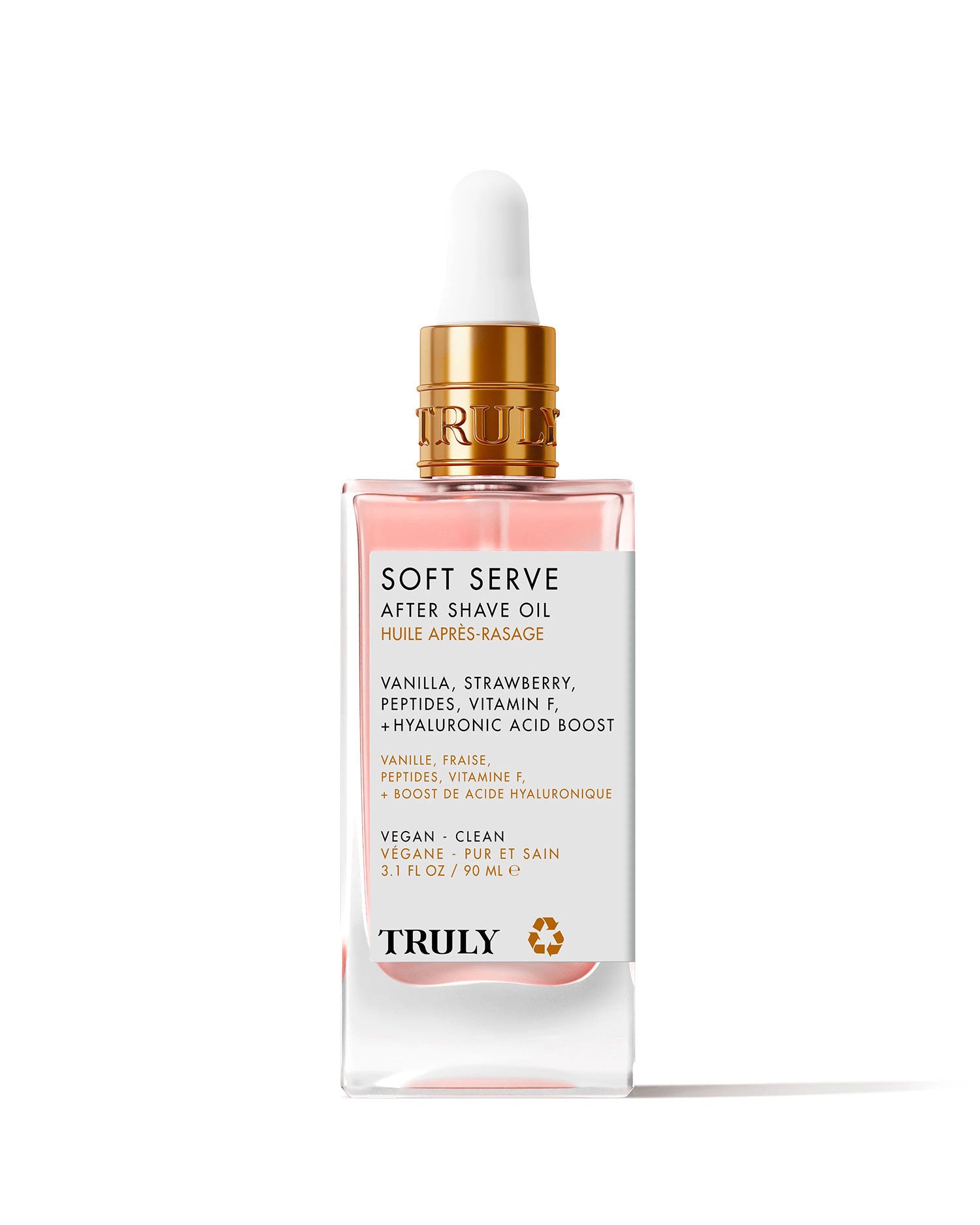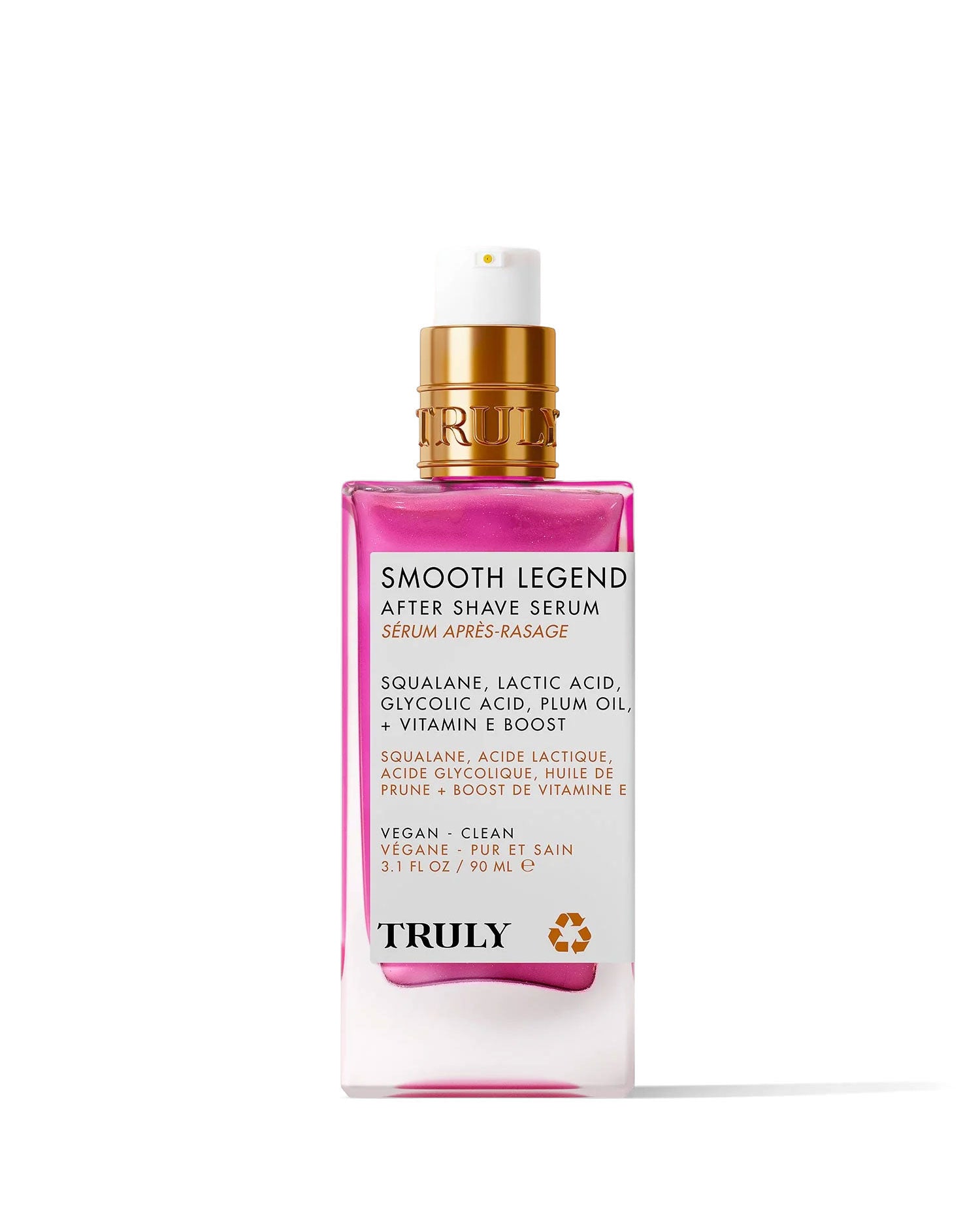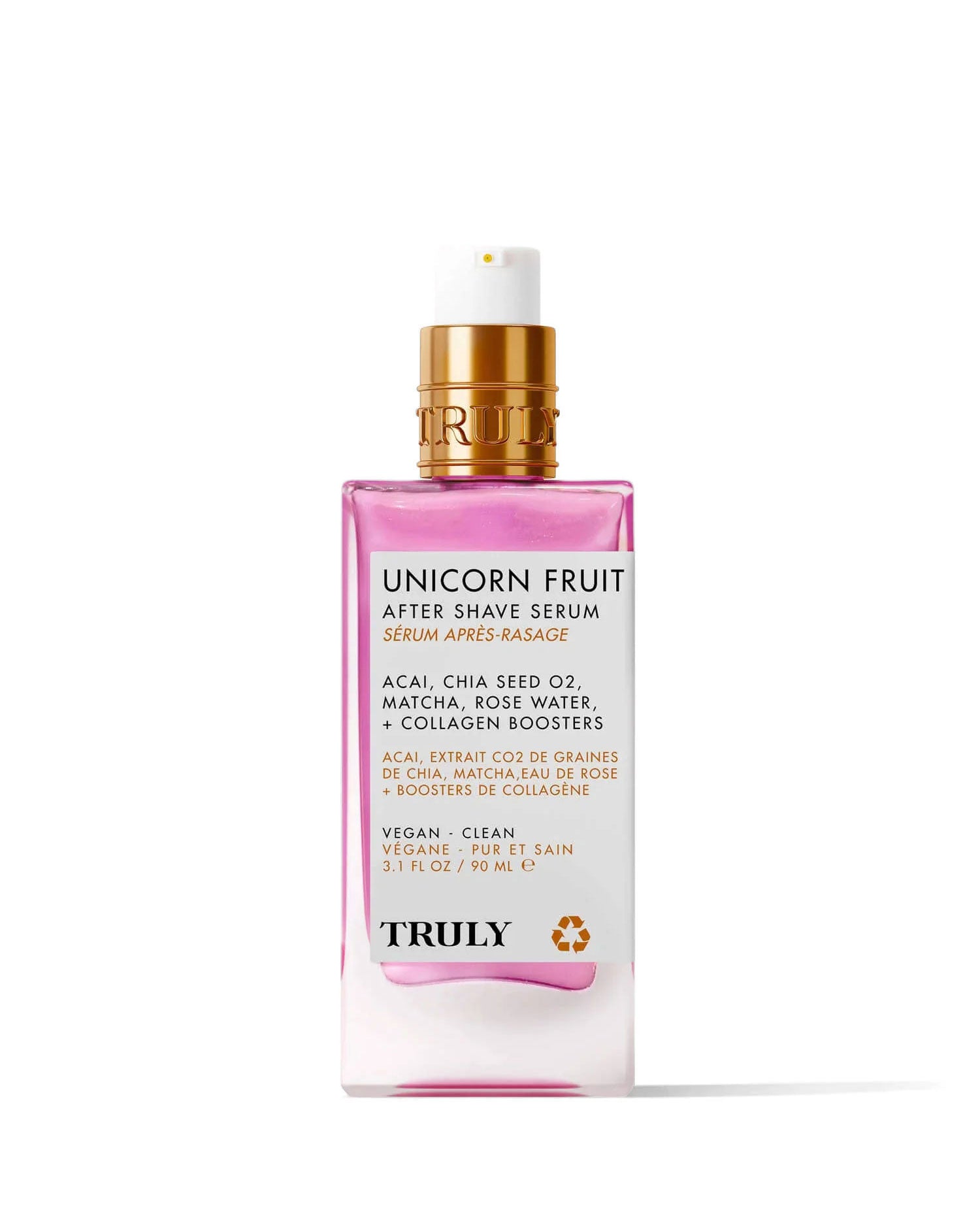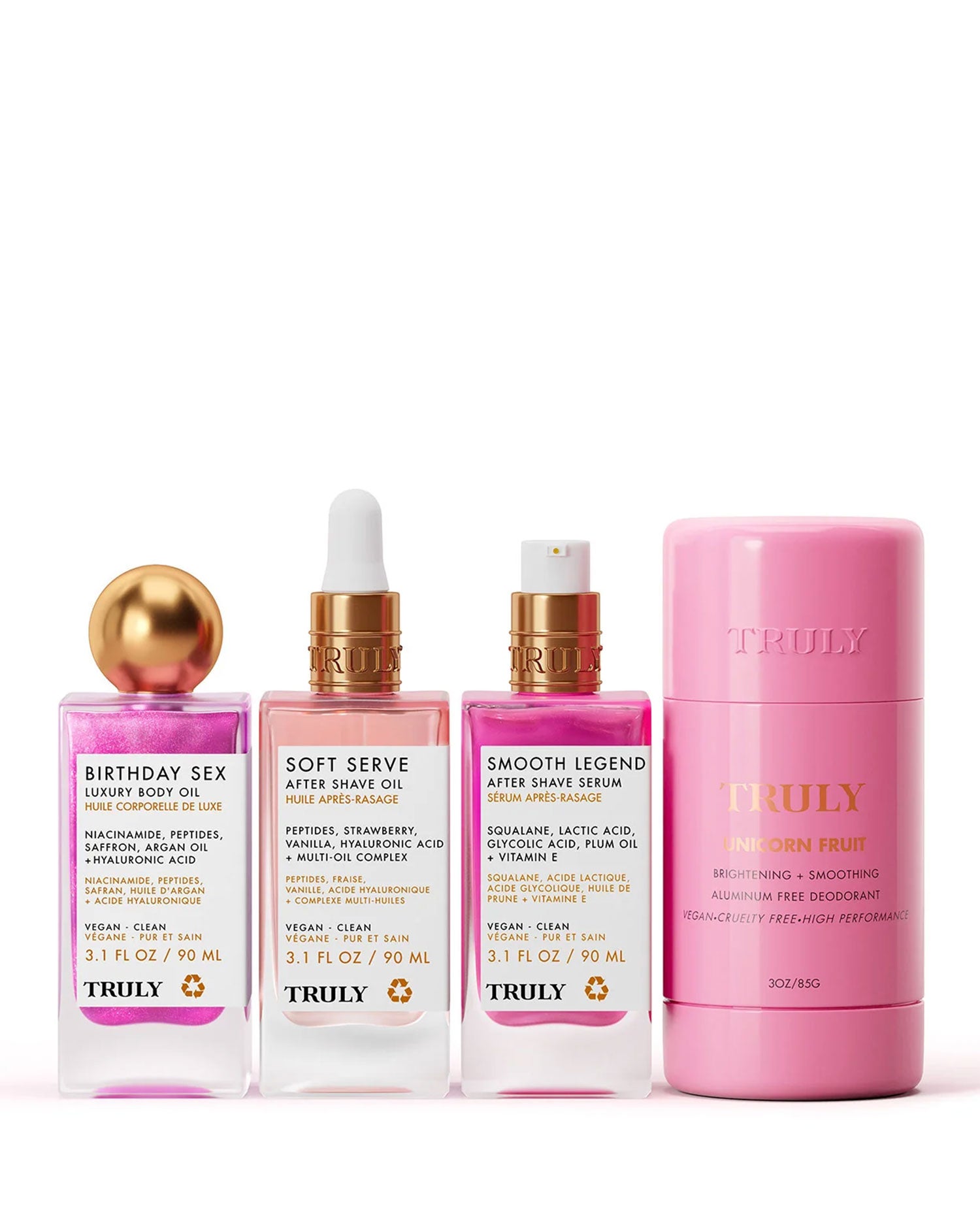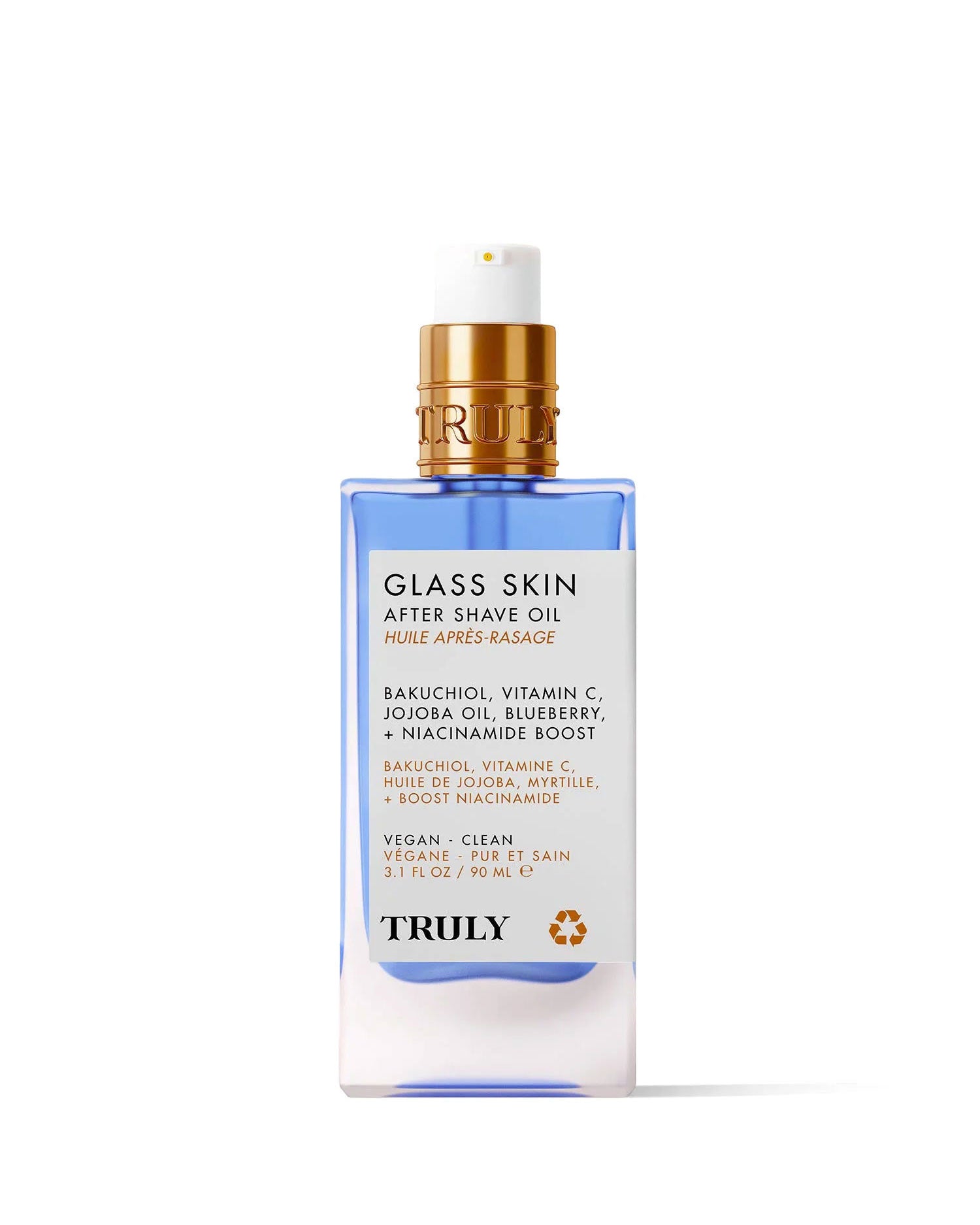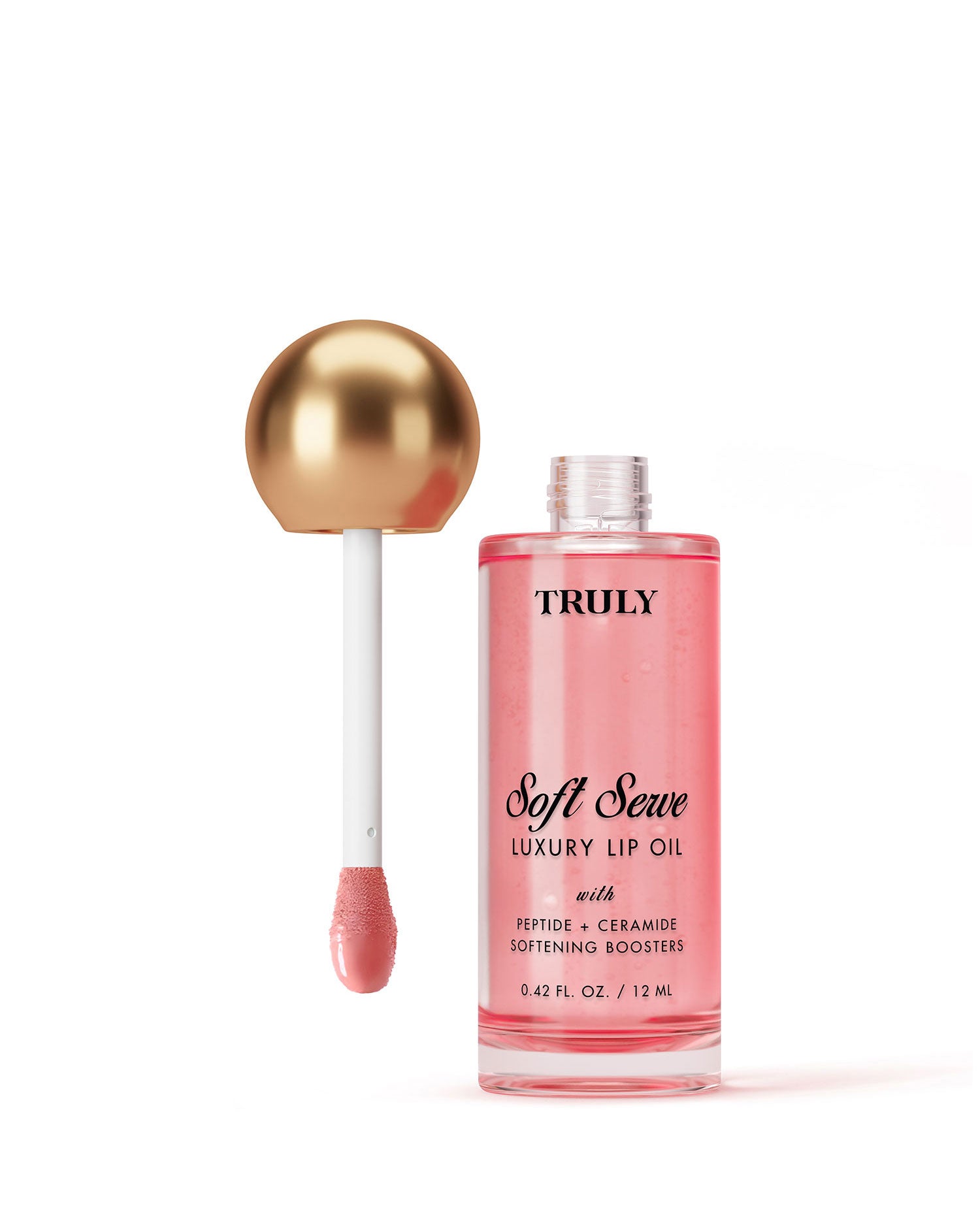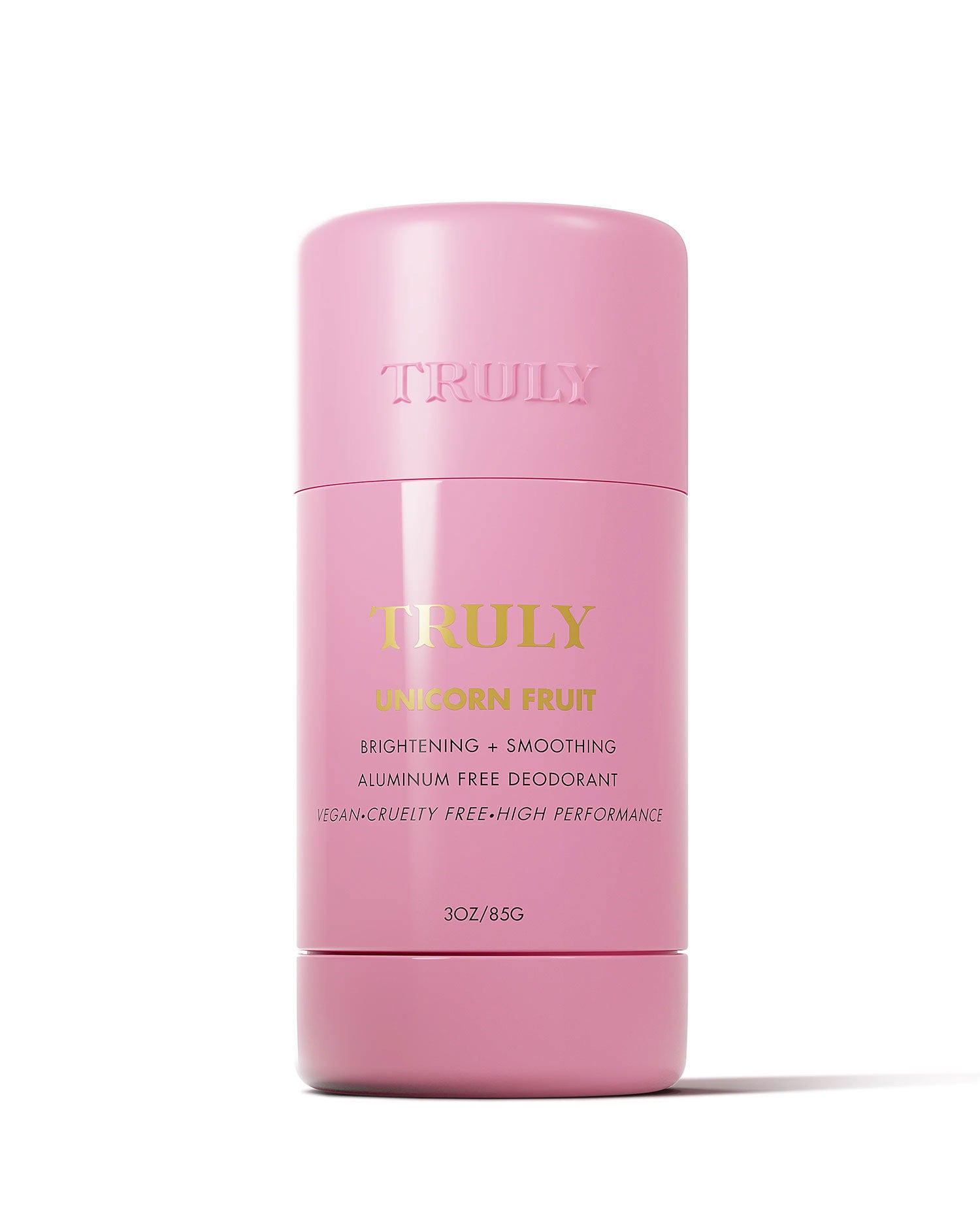Vinegar Bath 101: Why You Should Be Soaking In Sour Suds
November 29, 2019
By: Truly Beauty
The idea of soaking your body in a tub full of watered down vinegar may sound kind of gross, but the research is there to give one good enough reason to try it. A vinegar bath can help treat numerous common skin problems, ease joint pain and even - believe it or not - make you smell better.
But before you run yourself a vinegar bath, let us provide you with the lowdown on vinegar water washing.
WHAT IS A VINEGAR BATH?
It's actually exactly what it sounds like: a bath comprising of warm water and vinegar.
For thousands of years, people have used vinegar for a variety of medicinal purposes. Most recently, you've probably heard of the apple cider vinegar drinking craze that all the celebrities are obsessed with. Well now, people aren't just drinking the stuff. They're bathing in it too.
According to a 2018 research study, apple cider vinegar can effectively treat yeast infections and skin infections caused by candida and bacteria such as Staphylococcus aureus and E. coli.
The fact is, there are numerous benefits of apple cider vinegar. It's high in acetic acid which means it can clear bacteria and treat skin conditions such as rosacea, acne and eczema. Plus, it boasts antifungal properties which help attack conditions like athlete's foot. The benefits go on and on.
But here are the main benefits you need to know about - and can't afford to miss out on!
Shop Bestsellers
BENEFITS OF APPLE CIDER VINEGAR BATH
It nourishes your skin
Your skin is your body's largest organ. It deserves some TLC. Apple cider vinegar is packed with vitamin c and b, which are highly nourishing for the skin. By soaking in acv, your body will be able to absorb the vitamins and you'll step out the bath with nourished, moisturized skin. It really is much more skin-friendly than soaking in your conventional perfumed suds which tend to contain a lot of chemicals that don't do much for your skin.
It balances your body's pH and relieves dry skin
Because apple cider vinegar is acidic, it can help restore the pH level of your skin. See, your skin should be slightly acidic in order to hold moisture, which is why dry skin sufferers can benefit immensely from soaking in acv baths. It's especially effective for people with eczema and psoriasis because it's so moisturizing for the skin. By bathing in acv, you'll definitely notice a difference in the feel of your skin that you don't get from normal baths. It's definitely a skincare superhero.
It fights acne
Whether you have face or body acne, vinegar helps cleanse and soothe inflamed skin. It functions as both a bacteria fighter and an anti-inflammatory, which is the perfect combination for axing acne. Combined with its high vitamin content, your skin will undergo complete detoxification to rid your body of any toxins and bacteria.
It neutralizes body odor
Hard to believe - we know! But apple cider vinegar really can make you smell better. Owing to its antifungal and antiseptic properties, acv baths can actually nix bad body odor. From smelly armpits to stinky feet, apple cider vinegar can clear away bacteria on the skin and step in as a natural deodorant. It's one of those home remedies that works like a charm if you find yourself regularly reapplying your roll on.
It can diminish dandruff
With its powerful antifungal and antibacterial properties, acv can attack the culprits of your scalp condition. The vinegar bath will also assist in balancing your scalp's pH levels to help it retain moisture and sweep away flaky skin cells.
It eases joint pain
Joint pain is usually caused by inflammation around the joints. While you might usually pop a daily anti-inflammatory like ibuprofen, recent research found that vinegar can help immensely as an anti-inflammatory in humans. By soaking in vinegar bath water, you can allow your joints to relax and feel the pain melt away.
It fights yeast infections and bacterial infections
From urinary tract infections to candida, apple cider vinegar promotes normal, healthy bacteria on the skin and inhibits bad bacteria. If you've just been struck down with a pesky infection, try running yourself an acv bath.
It soothes sunburn
Largely due to its anti-inflammatory properties, acv can lessen the sting of sunburn and soothe your skin. It has also been shown to decrease the appearance of redness. So if you're in pain, slip into an apple cider vinegar bath and help your skin heal faster.
HOW TO DRAW AN ACV BATH?
There's really nothing complicated about preparing an apple cider vinegar bath. It's as simple as it sounds. The main element is figuring our the right ratio that best suits your skin. Some recommend adding two to three cups of apple cider vinegar to hot water. But that could be too much for your first time. Thus, it's better to start with one cup of vinegar and work your way up from there to see how your skin adapts to the vinegar water hot bath.
So here's how to run yourself a vinegar bath:
1. Fill your bathtub with warm water.
2. Pour in 2 cups of raw apple cider vinegar (or just one if it's your first time!)
3. Stir the vinegar with the hot water.
4. Now you can soak in the hot bath for the next 10-15 minutes.
5. Take a shower to rinse away the vinegar water.
TO BATHE OR NOT TO BATHE.. IN ACV?
The takeaway of bathing in vinegar water is clear: it's highly beneficial for your skin and your health. Indeed, the health benefits alone are enough to convince anyone to take an acv bath.
Clearly it's a great way to detox the body, re-balance your skin's pH levels, rid yeast infections, and calm down joint pain.
For deep detoxification, this is one of the best home remedies that hasn't yet attracted that much hype. It's certainly a skincare saviour that can treat many skin conditions and nourish your skin with vitamin c and b vitamins.
Try it. You might prefer the vinegar bath to your conventional bubble bath. Provided that you use raw apple cider vinegar of course!







